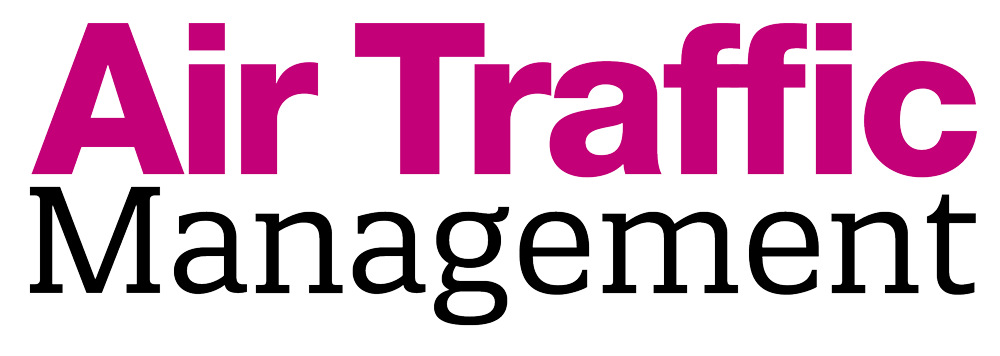Air traffic in Germany continues to rebound. Between January and August 2024, 5.2 percent more flights were controlled in German airspace than in the prior-year period. Safety levels remained high throughout. At the same time, DFS, the German air navigation service provider, was able to significantly improve its punctuality and guide flights even more directly to their destinations.
Between the beginning of January and the end of August 2024, air traffic controllers guided two million flights through German airspace. This was 5.2 percent more than in the prior-year period. The busiest day in 2024 so far was 15 July, the day after the European Football Championship. On this day, there were 9,979 aircraft movements. However, traffic volumes in 2024 have still been almost 10 percent below the 2019 level.
Punctuality improves
DFS was once again able to improve its punctuality as traffic continued to grow. Between January and the end of August 2024, the proportion of delays attributed to DFS air traffic control fell by 30 percent compared with the prior-year period to an average of just 50 seconds per flight. In 2023, there had already been an improvement of the same magnitude.
Delays caused by air traffic control result from airspace bottlenecks or staff shortages, for example. However, these delays only make up a small part of the overall picture. More than half of the departure delays in Germany are attributable to the airlines, with airports accounting for 12 percent.
The main reason for the positive development as regards delays caused by air traffic control at DFS is that the company continued to train air traffic controllers even during the COVID-19 pandemic. Commenting on the figures, Dirk Mahns, Chief Operating Officer on the DFS Executive Board said: "Even in the busy summer months, we were able to reduce the delays caused by us, although we were heavily affected by many thunderstorms. In view of the current challenges, this is an excellent result. We are also investing more in new technologies to maintain this positive trend."
War in Ukraine shifts air traffic
In this context, the war in Ukraine poses the greatest challenge. Due to airspace closures in Russia, Belarus, Moldova and Ukraine, among others, parts of European airspace have no longer been available for civil flights since the beginning of 2022.Traffic flows in Europe have therefore shifted to the south-west. This also applies to traffic over Germany. The number of overflights in southern Germany has increased significantly. This has led to capacity bottlenecks at times. In addition, there has been a sharp increase in military air traffic controlled by DFS.
The weather is also having a growing influence on air traffic. In June and July, 50 percent of delays were due to bad weather, when airports could not be reached or flights had to be routed around thunderstorm cells, for example. "Every passenger who has ever flown in bad weather has felt the effects first hand. It is particularly important for us to guide flights safely around thunderstorms, even if this reduces our capacity and, unfortunately, leads to delays. Safety has the highest priority. The Austrian Airlines flight on 9 June, which caused considerable damage to the aircraft, should serve as a warning," said Mahns.
As directly as possible
En-route flight efficiency improved further. Between the beginning of January and the end of August 2024, the flights controlled by DFS reached their destination without any significant detours, with the deviation from the shortest route being only 0.95 percent on average. Despite the traffic growth, this was a further improvement on the previous year.
